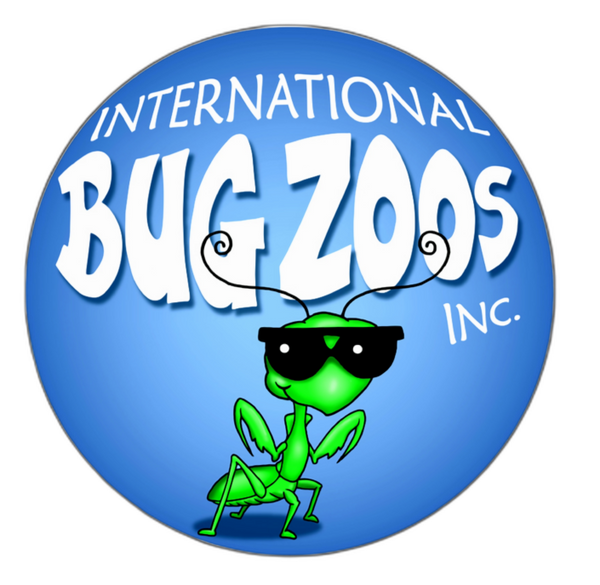Insects and Mental Health: Unveiling the Connection
The natural world has long been recognized for its therapeutic potential, but the role of insects, in particular, has only recently begun to be appreciated. While the connection between insects and mental health might not be immediately obvious, a closer examination reveals a fascinating interplay. This relationship spans from the benefits of engaging with entomology as a hobby to the therapeutic implications of insects in nature and even their influence on environmental mindfulness.
The Therapeutic Benefits of Entomology
Entomology, the study of insects, has increasingly been acknowledged for its mental health benefits. It offers a unique combination of outdoor activity, focus, and learning that can significantly impact psychological well-being. For many, the act of observing, cataloging, and even raising insects serves as a mindful escape from the stresses of daily life. This engagement not only provides a sense of achievement but also fosters a deep connection to the natural world, enhancing feelings of peace and contentment.
Insects in Nature Therapy
Nature therapy, also known as ecotherapy, incorporates various aspects of the natural environment to promote mental health. The presence of insects, whether observed during a walk in the park or a more structured therapeutic activity, adds layers of texture to this experience. The sounds of buzzing bees or sighting a beautifully patterned butterfly can evoke a sense of wonder and tranquility, reducing feelings of stress and anxiety. Such encounters with insects naturally facilitate mindfulness, drawing attention to the present moment and the intricate details of the natural world.
Encouraging Environmental Mindfulness
The role of insects in promoting mental well-being extends beyond direct interaction. Awareness of the ecological importance of insects can foster a sense of stewardship for the environment, which is closely tied to mental health. Engaging in conservation efforts or simply learning about the critical role insects play in ecosystems can provide a fulfilling sense of purpose. This environmental mindfulness not only benefits the planet but also enhances personal well-being by contributing to a larger cause.
The Challenge of Entomophobia
Despite these positive aspects, it's important to acknowledge the challenge of entomophobia, the fear of insects, which can hinder the mental health benefits associated with these creatures. Addressing this fear through gradual exposure and education about the benign and beneficial nature of most insects can mitigate anxieties, enabling more people to experience the therapeutic potential of engaging with the insect world.
A Growing Field of Study
The exploration of the relationship between insects and mental health is an emerging field, with ongoing research aiming to understand and harness these benefits more fully. Scientists and mental health professionals are increasingly recognizing the value of integrating experiences of the natural world, including encounters with insects, into therapeutic practices. As this field grows, it holds the promise of offering novel and accessible ways to enhance mental well-being.
In summary, the connection between insects and mental health is multifaceted and compelling. From the joy of entomology to the therapeutic benefits of nature therapy and the promotion of environmental mindfulness, insects have a significant role to play. As society continues to grapple with rising mental health concerns, the natural world, with its tiny inhabitants, offers a vast and largely untapped resource for healing and happiness.

